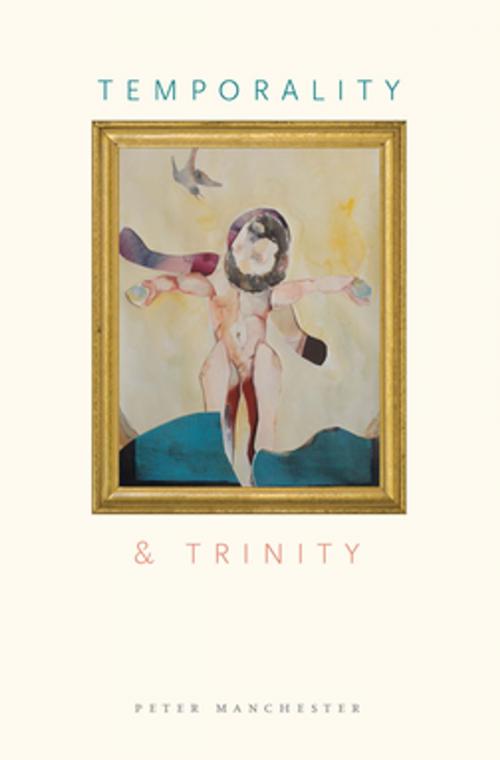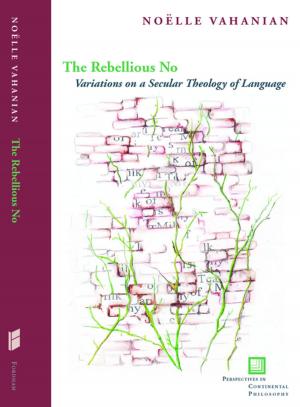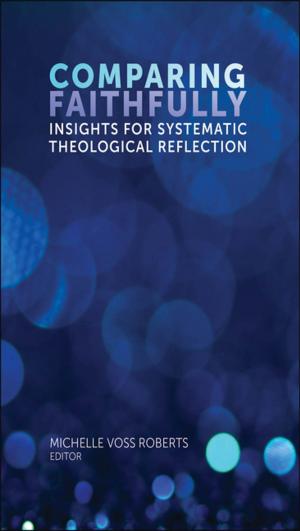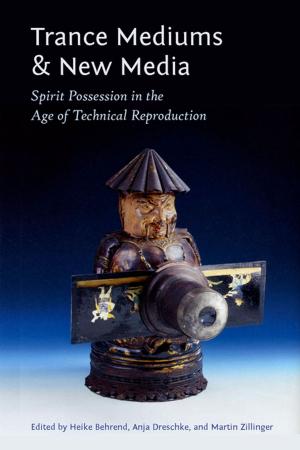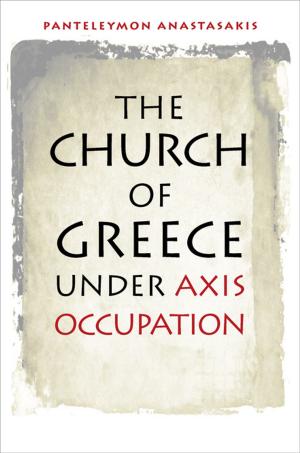Temporality and Trinity
Nonfiction, Religion & Spirituality, Philosophy, Phenomenology, Theology, Christianity| Author: | Peter Manchester | ISBN: | 9780823265725 |
| Publisher: | Fordham University Press | Publication: | May 1, 2015 |
| Imprint: | Fordham University Press | Language: | English |
| Author: | Peter Manchester |
| ISBN: | 9780823265725 |
| Publisher: | Fordham University Press |
| Publication: | May 1, 2015 |
| Imprint: | Fordham University Press |
| Language: | English |
Temporality and Trinity argues that there is deep homology between the roles of temporal problematic in Augustine’s On Trinity and Heidegger’s Being and Time.
Although Heidegger was aware of On Trinity, the claim is not that he writes under its influence. Rather, Manchester moves from the temporal problematic of Being and Time to the psychological explication of the human image of God in On Trinity, schematized as memory, understanding, and will. Formal and phenomenological parallels allow interpretation of that psychological triad as a temporal problematic in the manner of Being and Time. In a sense, this is to read Augustine as influenced by Heidegger.
But the aim is more constructive than that. Establishing a link between trinitarian theology and Being and Time opens a more direct way of benefiting from it in theology than Heidegger’s own assumptions. It puts philosophy in a position to confront New Testament theology directly, in its own historicality, without digression into anything like philosophy of religion.
Temporality and Trinity argues that there is deep homology between the roles of temporal problematic in Augustine’s On Trinity and Heidegger’s Being and Time.
Although Heidegger was aware of On Trinity, the claim is not that he writes under its influence. Rather, Manchester moves from the temporal problematic of Being and Time to the psychological explication of the human image of God in On Trinity, schematized as memory, understanding, and will. Formal and phenomenological parallels allow interpretation of that psychological triad as a temporal problematic in the manner of Being and Time. In a sense, this is to read Augustine as influenced by Heidegger.
But the aim is more constructive than that. Establishing a link between trinitarian theology and Being and Time opens a more direct way of benefiting from it in theology than Heidegger’s own assumptions. It puts philosophy in a position to confront New Testament theology directly, in its own historicality, without digression into anything like philosophy of religion.
